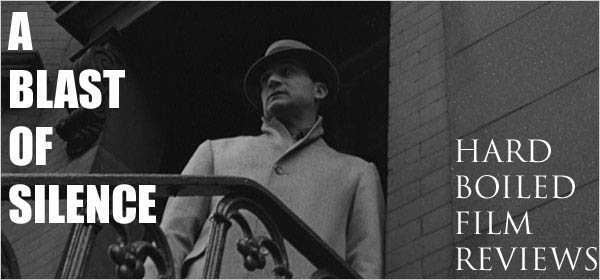
Take the following statement only as the humble opinion of this writer – Ingmar Bergman is the greatest director in the history of film.
Bergman, who directed a total of 62 films, primarily focused his efforts on exploring the human condition. In other words his films are simply about human nature. Bergman often delved deep into the sensitive themes of mortality, loneliness, love, faith and other humanity driven subjects.
While many of Bergman’s films depicted dark subject matter in bleak fashion, Bergman was never afraid of adding a little comedy to the mix. My personal favorite film from the Swedish born director, his 1957 masterpiece “The Seventh Seal”, is a perfect example of this technique. “The Seventh Seal” is set during medieval times and follows Knight Antonius Block on a journey home from the Crusades across plague ridden land. Block comes face to face with death, who takes on a form of its own as a ghastly man in a black hooded robe. Block, going head on with his fate, challenges Death to a game of chess that spans the entire film and puts his life up as the stake of the game.
Depressing, no? While the film is a look at the existential fear of death and how humans confront it, you’ll find yourself laughing at it far more than you might expect. Bergman’s intentionally well-placed light humor alternates brilliantly with his darkest and soberest of scenes. The film, which is brought to life by realistic imagery and setting, leans away from the humor as it reaches its legendary conclusion. Nonetheless, it’s a perfect example of Bergman’s unique and distinctive style that places him amongst the greatest of auteurs.
Ingmar Bergman was once quoted saying that it is far more important to him that viewers feel his films rather than understand them. While Bergman’s films are packed full of meaning that can be discussed and theorized about endlessly , it’s the emotion that he packs into his films that hooks me in. Bergman’s 1972 film “Cries and Whispers”, a film about two sisters watching over their other sister on her deathbed, is still to this day one of the most intense and startling films I’ve ever seen. As much as I love horror films I’d be hard pressed to find more than a handful that have startled me the way Bergman’s impactful films do.
The influence of Ingmar Bergman is relatively endless. Whether it’s the direct inspiration for Wes Craven’s famous exploitation film “The Last House on the Left” or Woody Allen deeming him as one of the greatest artists ever, Bergman is seen worldwide as one of the most important figures in the development of the medium of film. Those patient enough to watch one of his films will find gold at the end of Bergman’s very bleak rainbows.
Essential viewings: The Seventh Seal, Wild Strawberries, The Virgin Spring, Hour of the Wolf, Cries and Whispers, Fanny & Alexander, Through a Glass Darkly




No comments:
Post a Comment